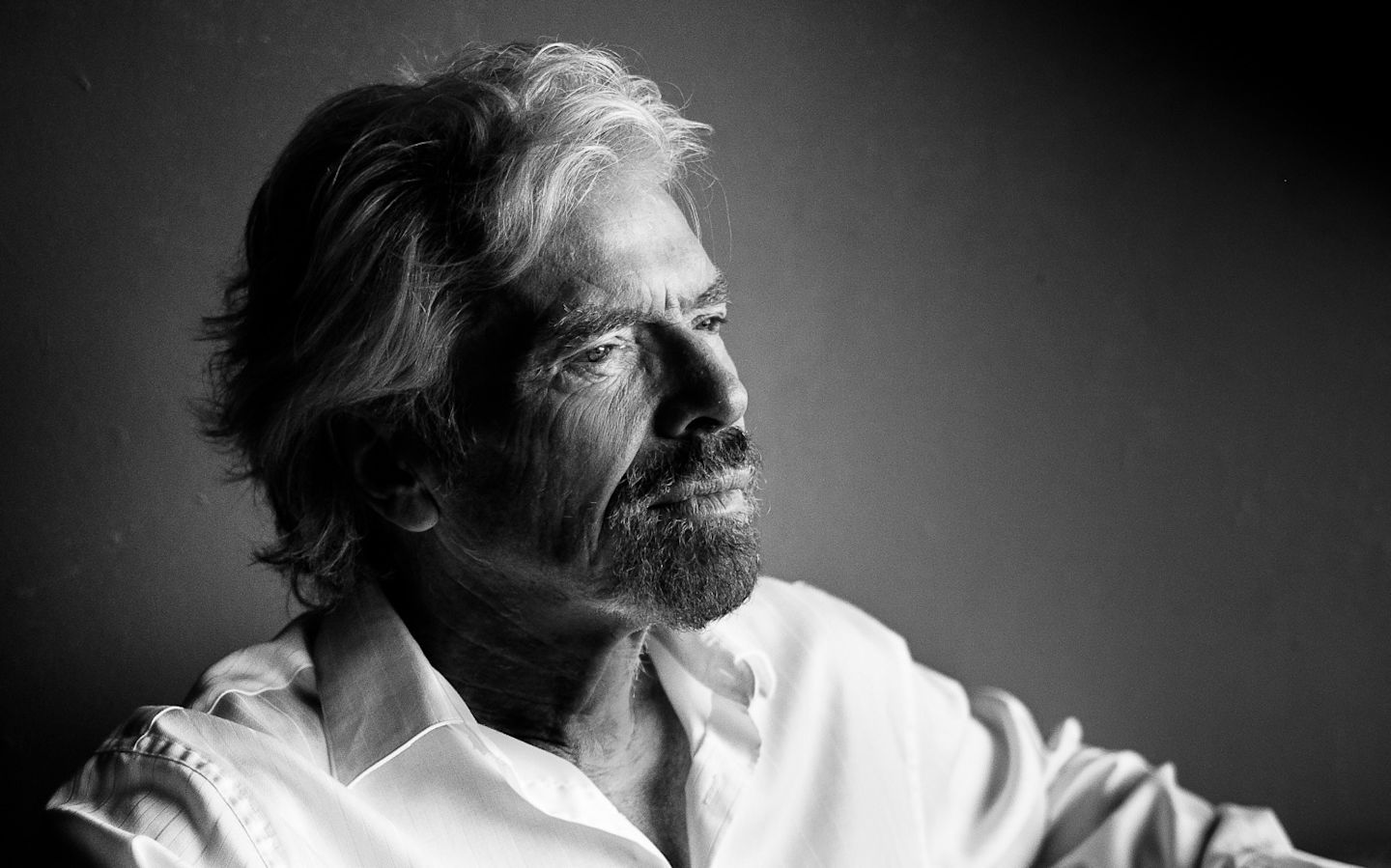Answering your questions on the death penalty
Ending the death penalty is one of the issues I feel most passionately about. However, I know it’s a very polarising issue which is why I dedicated one my of LinkedIn Newsletter’s to answering some of the questions and concerns people have about capital punishment, and to explain why I am so adamantly against it. Just last week, two men – one in Texas, the other in Saudi Arabia – were executed in cases where serious doubts about their guilt had been raised. It was deeply upsetting and cruel to hear the news, so I wanted to share this Q&A again to reiterate just how inhumane, expensive, and flawed the death penalty really is.
What makes the life of a murderer more valuable than his or her victim’s?
I strongly believe that all lives have equal value and dignity, including the lives of those who have committed terrible crimes. Saving someone from execution doesn’t diminish the value or dignity of their victim’s life. Quite the opposite. Showing mercy and practising forgiveness are among the most important expressions of our common humanity.
I think Bryan Stevenson put it perfectly when he said: “Each of us is more than the worst thing we’ve ever done.” I spoke to Bryan about this some time ago, and he shared some very thoughtful insights. At the end of the day, everyone deserves a second chance. If we want to demonstrate how valuable all human lives are, we’re not setting a good example by killing people.
The death penalty is also deeply rooted in racism and colonialism. And in many countries that use it, it’s a tool of oppression. Moreover, it disproportionately targets the most vulnerable people in society. According to Bryan’s Equal Justice Initiative, capital punishment treats you better if you’re rich and guilty than if you’re poor and innocent. It’s the polar opposite of justice and equality.
Why do you say the death penalty doesn’t deliver justice?
One of the most frustrating and concerning aspects of the death penalty is that innocent people are frequently executed. In fact, for every eight people executed, one person on death row has been exonerated. This is a truly unacceptable margin of error.
In 2021, Virgin Unite released a set of short films telling the story of two innocent people who ended up on death row. Sabrina Butler and Randall Padgett fell victim to a combination of shoddy police work, tainted evidence and the extreme ambition of questionable prosecutors. The stories show how easy it is for innocent people to end up on death row, and the intense trauma and unimaginable cruelty they have to face each day.
Why should we pay to keep serious criminals alive in prison?
It is a myth that the death penalty is cheaper than a prison sentence. Multiple studies have shown that death penalty cases are significantly more expensive than non-death penalty cases. It is an entirely wasteful use of public resources, which would be much better spent on crime prevention, mental health treatment, rehabilitation, education and drug treatment programs.
Doesn’t the death penalty deter crime and make communities feel safer? There is absolutely no evidence that the death penalty works as a deterrent of crime. It really doesn’t make communities safer, nor does it address the root causes of crime in any meaningful way. The reality is that people who commit crimes rarely consider the nature of the punishment when they act, and statistics show that states with the death penalty have higher murder rates than those without. In US states where the death penalty is abolished, data shows no spike in murder rates. This is backed up by international findings, which show that countries that have abolished capital punishment have actually experienced a decline in murder rates in the following decade. If governments are serious about reducing violent crime, they should invest in improved education, social care, mental health services, drug treatment and economic opportunities.
Why should business leaders get involved in abolishing the death penalty?
I strongly believe that businesses and their leaders must take on a role beyond their company and be a force for good in society. That includes speaking up on issues we find unacceptable, such as the death penalty.
Business has a critical role to play in this debate. When entrepreneurs and investors speak up, policy makers will listen. We have massive platforms, and we should use them to protect human rights and protect social justice.
That’s why I joined forces with some of my peers and the Responsible Business Initiative for Justice to launch the Business Leaders Declaration Against the Death Penalty. We created a call to action, which is supported by now more than 150 global executives (and this figure keeps growing). Wherever governments cling to this machinery of death, they send a worrying signal that businesses should not ignore. Thank you to everyone who asked these important questions, and I really hope my answers helped to strengthen your understanding of this broken system, which stands at odds with human dignity and universal human rights. If you would like to do more reading and help more people to understand the issue, here are some brilliant resources:


